Africa Unite: Afrobeats struggles to boost Bob Marley’s brilliance
Time alone will tell if Africa Unite, Bob Marley’s posthumous dance with the rising tide of Afrobeats, finds its footing as intended. As it stands now, the release, although ambitious in its goal to reimagine Marley’s iconic songs through the rhythms and pulses from the continent, stumbles in its landing.
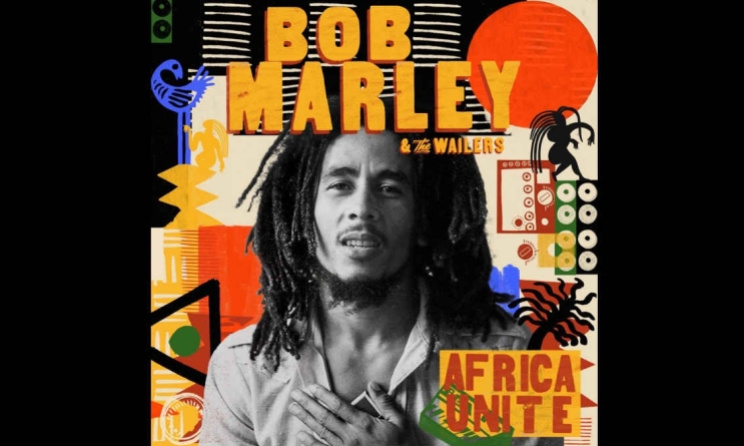 Africa Unite cover art.
Africa Unite cover art.
Press play and the dilemma with projects of this stature quickly emerges: can the essence of Bob Marley’s soulful activism and visionary worldview truly harmonise with the voices on this album?
There’s an inherent, perhaps unthinkable challenge in revisiting such iconic works: meddling with timeless tunes can be perilous. Standing next to Marley on a track will always present a formidable task for even the most accomplished artists, and selecting artists to repurpose Marley classics could feel like an incongruous fit. In reinventing his compositions, striking the right balance between tribute and reinvention demands a delicate hand. Intention matters, but execution should always win. On Africa Unite, has it?
If the vision was to perpetuate Marley’s legacy, involving African reggae artists would’ve preserved his essence more authentically. If linking arms with Africa’s current pop scene is a driving force like Island Records wants us to believe, then songs leaning toward that genre would make more sense. Therein lies the problem. Bob Marley was reggae at heart, with a touch of funk and ska. Infusing Afrobeats brings a mismatch with his reggae roots, dampening the album’s credibility. We’ve witnessed success with classical interpretations – like the British ensemble Chineke! Orchestra’s tribute LP last year, which made sure not get in the way of Marley’s golden vocals.
Afrobeats, however, doesn’t quite fit the bill, at least on this occasion, and not quite like Morgan Heritage’s method on The Homeland, which finds the Jamaican group crafting original tracks tailored for an African audience. Instead of remixing, this approach encapsulates the power of African music within its own context.
The music world will always chase a connection with Marley’s spirit, often through remakes and tributes. Still, I belong to the school of reggae purists who believe that some songs should simply be left alone because of what they represent culturally. But if you are going to touch it, it has to be a fitting celebration. For the first time listening to a Bob Marley album, one constantly searches for pockets of brilliance, and you never had to do that before.
Marley’s songs resurface cyclically. Paired with Afrobeats’ global surge, this latest endeavour strategically syncs with African pop’s burgeoning global impact. It’s a clever move, and one can sympathise with the approach.
For any African artist, collaborating with Bob Marley marks a peak achievement. As the tracks play out, it becomes apparent that some are simply happy to share a tune with the reggae icon, while others seem fixated on promoting their vocal brands. Marley’s voice embodies activism and freedom, his songs revered struggle anthems. However, merging his soulful activism with Afrobeats’ poppy personality proves challenging. The result is a collection of verses that lack genuine fervour, and the expected synergy with these artists remains elusive.
Still, a few tracks rise above. The opener, ‘So Much Trouble In The World’, featuring Zimdancehall stars Nutty O and Winky D, boasts a fierce urgency. After all, Zimdancehall musicians are reared on reggae. We would never really have imagined ‘Turn Your Lights Down Low’ over thumping Afrobeats, and ‘Redemption Song’ blended with Ami Faku’s Xhosa clicks. Nigerian diva Tiwa Savage’s gentler tones fit ‘Waiting In Vain’, while Ghanaian rapper Sarkodie’s rapid rhymes drive ‘Stir It Up’. Yet, the album lacks cohesion, and some selections seem astray, diluting its soul.
The path to maintaining Marley’s musical integrity now requires extra thought, and amid the project’s facets, something has gone amiss, despite the impressive line-up of guest artists. In the world of re-releases, reinterpretations and TikTok dance trends, this project sparks questions about its direction and execution.
Artist: Bob Marley and The Wailers
Album: Africa Unite
Label: Island Records
Year: 2023













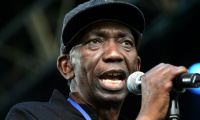









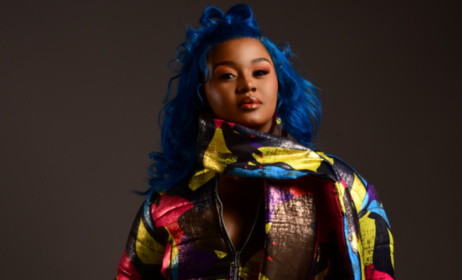

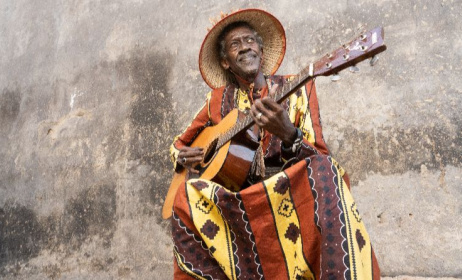
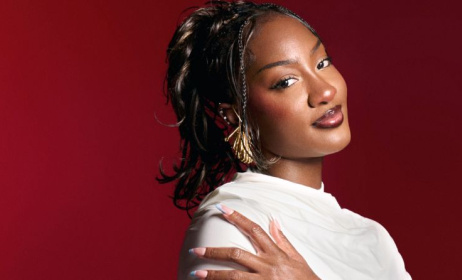
Comments